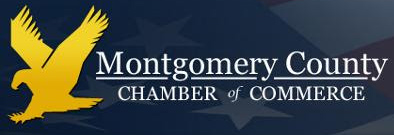Merchant Cash Advance vs. Lines of Credit vs. Factoring
Small business owners have countless options available for financing. This is a good thing, because if there’s one thing that small businesses need, it’s capital. What type of financing is the best fit for your company: a merchant cash advance, business line of credit or factoring account?
What Are These Financing Options?
Before comparing the pros and cons of each option, it’s helpful to have a basic understand of what each one does. All are designed to give your business an infusion of capital, but they way they go about it is distinct.
A merchant cash advance gives you a loan. This loan can be large or small depending on your needs and cash flow. MCA financing bases the loan on the amount of credit card sales your business has. Each month, a percentage of your credit card sales gets applied to the outstanding balance of the loan.
Lines of credit are similar to a credit card. They provide you with a certain approved amount of money you can spend on different items. You only pay interest on this money when you use it. If you purchase a piece of equipment, for example, you would begin paying interest on the purchase until the amount is repaid. Lines of credit typically have better interest rates than credit cards, as well as a larger spending cap.
Factoring isn’t a loan at all. It’s more of a sale of company assets — in this case unpaid invoices. Normally, your business has to wait 30 or 60 days for your customers to pay invoices. If you need capital right away, you can decide to sell the invoice to a factoring company instead. The factor takes care of collection and gives you a significant portion of the invoice’s value immediately.
What Are the Benefits of Each Financing Option?
A merchant cash advance is a popular financing program because approval isn’t dependent on your credit history. Instead, all that matters is how consistent your business’s credit card sales are. In addition, since payments are percentage based, you never have to worry about missing a payment.
Lines of credit are very adaptable. You decide when to use them and for what. This is excellent for emergencies and opportunities. Factoring is similar, though without any credit score requirements. To make it work, you need plenty of invoices, however.
Because of unexpected market changes, seasonal changes, and local competition, working capital is more important than ever before. The more you have available, the more flexible your business is. This gives you an edge over your competitors.

